
Best Books to Learn Machine Learning
Apr 16, 2024 6 Min Read 1003 Views
(Last Updated)
Learning about machine learning through books may not sound like the most exciting thing in the world, but trust me, it’s a bit like having a superpower in today’s tech-savvy world. Machine learning is all around us; it’s what helps computers make smart decisions, like predicting what you might want to buy online or making your voice assistant understand your commands. Knowing about it can open doors to amazing possibilities.
In simple words, machine learning makes the world work better and smarter. And it’s a skill that’s super valuable in the job market. So, if you want to learn it, books are a great place to start. In this blog, we’ll talk about some of the best books to learn machine learning and how they can help you become a machine learning expert.
Machine learning is a vast domain with varied concepts and complexities. As a result, there are some great books on various topics for various learners. To ensure clarity, we will be mentioning the machine learning books as per the key themes or components. So, let’s start:
Table of contents
- Theoretical Foundations of Machine Learning
- "Pattern Recognition and Machine Learning" by Christopher M. Bishop
- "Machine Learning: A Probabilistic Perspective" by Kevin P. Murphy
- "Understanding Machine Learning: From Theory to Algorithms" by Shai Shalev-Shwartz and Shai Ben-David
- Recommendations for Readers Interested in the Mathematical Aspects
- "Deep Learning" by Ian Goodfellow, Yoshua Bengio, and Aaron Courville
- "Mathematics for Machine Learning" by Marc Peter Deisenroth, A Aldo Faisal, and Cheng Soon Ong
- "A First Course in Machine Learning" by Simon Rogers and Mark Girolami
- Practical Implementation in Machine Learning
- "Python Machine Learning" by Sebastian Raschka and Vahid Mirjalili
- "Hands-On Machine Learning with Scikit-Learn, Keras, and TensorFlow" by Aurélien Géron
- "Practical Machine Learning for Computer Vision" by Martin Gorner, Ryan Gillard, and Valliappa Lakshmanan
- Specialized Topics in Machine Learning
- "Deep Learning" by Ian Goodfellow, Yoshua Bengio, and Aaron Courville
- "Natural Language Processing in Action" by Lane, Howard, and Hapke
- "Computer Vision: Algorithms and Applications" by Richard Szeliski
- Machine Learning with Python
- "Introduction to Machine Learning with Python" by Andreas C. Müller & Sarah Guido
- "Python Machine Learning" by Sebastian Raschka and Vahid Mirjalili
- "Hands-On Machine Learning with Scikit-Learn, Keras, and TensorFlow" by Aurélien Géron
- Top 5 Books for Learning Machine Learning
- "Machine Learning Yearning" by Andrew Ng
- "Hands-On Machine Learning with Scikit-Learn, Keras, and TensorFlow" by Aurélien Géron
- "Python Machine Learning" by Sebastian Raschka and Vahid Mirjalili
- "Deep Learning" by Ian Goodfellow, Yoshua Bengio, and Aaron Courville
- "Pattern Recognition and Machine Learning" by Christopher M. Bishop
- Additional Machine Learning Resources
- "The Hundred-Page Machine Learning Book" by Andriy Burkov
- "Introduction to Artificial Intelligence" by Wolfgang Ertel
- "Machine Learning: The Art and Science of Algorithms that Make Sense of Data" by Peter Flach
- "Probabilistic Graphical Models: Principles and Techniques" by Daphne Koller and Nir Friedman
- "The Master Algorithm: How the Quest for the Ultimate Learning Machine Will Remake Our World" by Pedro Domingos
- Conclusion
- FAQs
- What is the best book for a complete beginner in machine learning?
- I'm interested in deep learning. Which book is the most comprehensive for this field?
- Are there any books that focus on the mathematics behind machine learning?
Theoretical Foundations of Machine Learning
Understanding the theory behind machine learning is like knowing the rules of the game before you start playing. Here are some books that delve deep into the theoretical aspects of machine learning:
1. “Pattern Recognition and Machine Learning” by Christopher M. Bishop
This book provides a comprehensive introduction to pattern recognition and machine learning. It covers the theoretical foundations and practical applications. With a 4.6 Amazon rating, it’s a highly regarded resource.

Make sure you understand machine learning fundamentals like Python, SQL, deep learning, data cleaning, and cloud services before we explore them in the next section. You should consider joining GUVI’s Machine Learning Career Program, which covers tools like Pyspark API, Natural Language Processing, and many more and helps you get hands-on experience by building real-time projects.
Also, if you want to explore Artificial Intelligence and Machine Learning through a Self-paced course, try GUVI’s Artificial Intelligence Course Bundle, a Self-Paced course.
2. “Machine Learning: A Probabilistic Perspective” by Kevin P. Murphy
Murphy’s book explores the probabilistic side of machine learning, making it easier to understand complex concepts. People really like it too, giving it a high 4.5-star rating on Amazon.

3. “Understanding Machine Learning: From Theory to Algorithms” by Shai Shalev-Shwartz and Shai Ben-David
This highly-rated book, with a 4.4 out of 5 rating on Amazon, helps you understand machine learning better. It explains the main ideas without using complicated language, making it easier for anyone interested in learning about machine learning. The book bridges the gap between theory and practice, focusing on the principles that underlie machine learning.

Recommendations for Readers Interested in the Mathematical Aspects
Machine learning often involves complex math, but these books can help you tackle it with confidence:
1. “Deep Learning” by Ian Goodfellow, Yoshua Bengio, and Aaron Courville
If you want to dive into deep learning and understand the math behind it, this book is a great resource. It’s got a super high 4.7 rating on Amazon, showing lots of people think it’s awesome.

2. “Mathematics for Machine Learning” by Marc Peter Deisenroth, A Aldo Faisal, and Cheng Soon Ong
This interactive online book helps you grasp the mathematical foundations of machine learning. It’s got a great 4.5-star rating on Amazon, so people really like it!

3. “A First Course in Machine Learning” by Simon Rogers and Mark Girolami
This book strikes a balance between theory and practical application, making it accessible for those interested in the math behind machine learning. With a 3.7 Amazon rating, readers have praised its clear explanations and real-world examples, making complex concepts easier to grasp for both beginners and intermediate learners.

Learning the theoretical foundations and mathematical aspects of machine learning might seem challenging, but it’s an essential step in becoming a proficient machine learning practitioner. These resources will help you build a solid understanding of the theory and math that power machine learning algorithms.
Practical Implementation in Machine Learning
Once you have a good grasp of the theory, it’s time to put your knowledge into practice. Here are some books that guide you through applying machine learning to real-world situations:
1. “Python Machine Learning” by Sebastian Raschka and Vahid Mirjalili
This book is an excellent choice for those who want to implement machine learning using Python. It covers practical examples and real-world applications. It’s got a high 4.4-star rating on Amazon.

2. “Hands-On Machine Learning with Scikit-Learn, Keras, and TensorFlow” by Aurélien Géron
Géron’s book is a hands-on guide to using popular machine-learning libraries in Python. It includes practical examples and real-world projects. It’s highly rated with 4.7 stars on Amazon.
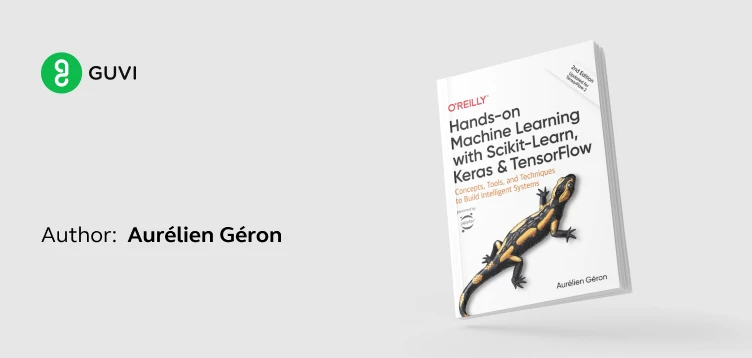
3. “Practical Machine Learning for Computer Vision” by Martin Gorner, Ryan Gillard, and Valliappa Lakshmanan
If you’re interested in computer vision and real-world applications like image recognition, this book is an excellent choice. It’s rated 4.4 on Amazon, showing that lots of people think it’s really good.

Specialized Topics in Machine Learning
Machine learning is a vast field, and there are specialized areas within it that you might find particularly interesting. Here are some books that delve into these specialized topics:
1. “Deep Learning” by Ian Goodfellow, Yoshua Bengio, and Aaron Courville
If you’re fascinated by deep learning, this comprehensive book is a must-read. With a 4.7 Amazon rating, it covers the theoretical and practical aspects of deep learning, offering in-depth insights into various models, algorithms, and their real-world applications.

2. “Natural Language Processing in Action” by Lane, Howard, and Hapke
For those intrigued by natural language processing (NLP), this book provides practical insights and examples for working with text data. It’s got a really good 4.4 rating on Amazon.

3. “Computer Vision: Algorithms and Applications” by Richard Szeliski
If computer vision is your area of interest, this book explores the principles and practical applications of computer vision. It’s got a pretty good 4.3 rating on Amazon. It covers a lot of stuff about how computer vision is used in the real world, which makes it great for both beginners and people who already know a bit about it.

Machine Learning with Python
Python is the go-to language for many machine learning practitioners due to its simplicity and rich ecosystem of libraries. Here are some books that will teach you machine learning using Python:
1. “Introduction to Machine Learning with Python” by Andreas C. Müller & Sarah Guido
This book is perfect for those who want to learn machine learning with Python from scratch. It covers the basics and practical examples. It’s got a high rating of 4.4 on Amazon, so lots of people like it for learning.

2. “Python Machine Learning” by Sebastian Raschka and Vahid Mirjalili
This book provides a practical, hands-on approach to machine learning with Python, earning a remarkable 4.4-star rating on Amazon. It’s suitable for both beginners and those with some prior knowledge.

3. “Hands-On Machine Learning with Scikit-Learn, Keras, and TensorFlow” by Aurélien Géron
This book is a comprehensive guide to using Python libraries like Scikit-Learn, Keras, and TensorFlow for machine learning. People really liked it and gave it a high 4.7 rating on Amazon. It’s easy to understand and practical, great for both beginners and those who already know a bit. It has lots of examples and clear explanations to help you learn machine learning easily.
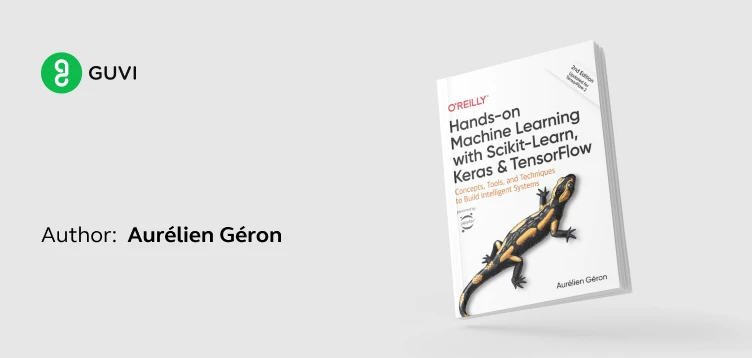
Top 5 Books for Learning Machine Learning
Learning machine learning through books is a fantastic way to build a strong foundation and gain practical skills. Here are the top 5 recommended books, each with its unique features and target audience:
1. “Machine Learning Yearning” by Andrew Ng
Andrew Ng, a pioneer in the field of machine learning, provides invaluable insights into how to structure and manage machine learning projects. This book is more about the practical side of machine learning project management, making it an excellent choice for those who want to understand the workflow and best practices.
It’s not a typical machine learning algorithms book; instead, it focuses on the process of developing machine learning projects and avoiding common pitfalls.
Target Audience: Aspiring data scientists, machine learning engineers, and project managers involved in machine learning projects.

2. “Hands-On Machine Learning with Scikit-Learn, Keras, and TensorFlow” by Aurélien Géron
This book is an excellent guide to applying machine learning using popular Python libraries like Scikit-Learn, Keras, and TensorFlow. It’s packed with practical examples and real-world projects, allowing readers to get hands-on experience.
It combines theory and practice, making it suitable for both beginners and those with some prior knowledge. The projects are engaging and give readers the chance to apply what they’ve learned.
Target Audience: Data scientists, machine learning engineers, and programmers who want to build practical machine learning applications.
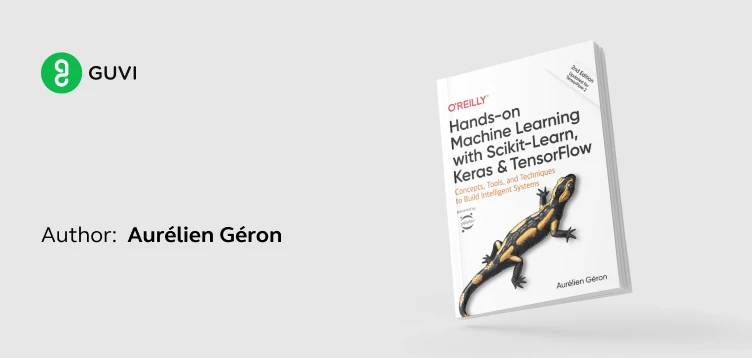
3. “Python Machine Learning” by Sebastian Raschka and Vahid Mirjalili
This book is a comprehensive guide to machine learning with Python. It covers various machine learning algorithms, their implementation, and practical examples. It’s suitable for readers who want a deeper understanding of machine learning using Python.
It offers a blend of theory and practice, with a focus on using Python libraries for machine learning. The book provides a strong foundation for those who want to master machine learning with Python.
Target Audience: Python enthusiasts, data scientists, and programmers looking to delve into machine learning with Python.

4. “Deep Learning” by Ian Goodfellow, Yoshua Bengio, and Aaron Courville
Deep learning is a fascinating aspect of machine learning, and this book offers an in-depth exploration of the subject. It’s suitable for those who want to dive into deep neural networks and advanced machine-learning techniques.
This book is considered a deep learning bible. It’s comprehensive, covering the theory behind deep learning and its practical applications.
Target Audience: Aspiring deep learning practitioners, researchers, and anyone interested in mastering neural networks.

5. “Pattern Recognition and Machine Learning” by Christopher M. Bishop
This book is a classic in the field, focusing on pattern recognition and machine learning. It covers the theory and practical applications of machine learning and is suitable for those who want to build a strong theoretical foundation.
It’s a well-structured resource that combines theory and practical examples. The book is known for its clarity and deep insights.
Target Audience: Readers who are looking to understand the mathematical and theoretical foundations of machine learning.

These top 5 books cover a wide range of machine learning aspects, from practical implementation to deep learning and theoretical foundations. Whether you’re a beginner or an experienced practitioner, there’s a book tailored to your learning needs. Each book offers a unique perspective on the world of machine learning, making them valuable resources for your learning journey.
Additional Machine Learning Resources
If you’re eager to delve even deeper into the world of machine learning, here are some additional valuable books to consider:
1. “The Hundred-Page Machine Learning Book” by Andriy Burkov
This concise and easy-to-read book offers a broad introduction to machine learning concepts and practical implementation. It’s got a high rating of 4.5 stars on Amazon.

2. “Introduction to Artificial Intelligence” by Wolfgang Ertel
This book provides an excellent introduction to artificial intelligence and machine learning, with a focus on understanding the core concepts. People really like it, giving it a good 3.1 rating on Amazon. This shows many readers think it’s helpful. It’s perfect for beginners who want to learn the basics of AI and machine learning.

3. “Machine Learning: The Art and Science of Algorithms that Make Sense of Data” by Peter Flach
This book focuses on the art and science of machine learning, providing a balanced approach to both theory and application. People who read it really like it and give it a good rating of 4.2 stars on Amazon. Whether you’re new to this or already know a lot, you’ll find helpful concepts in this book.
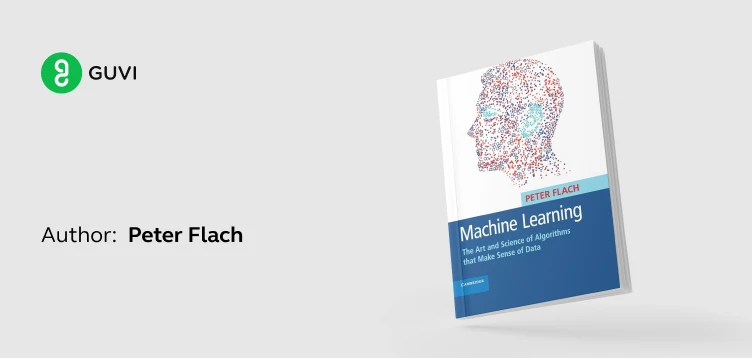
4. “Probabilistic Graphical Models: Principles and Techniques” by Daphne Koller and Nir Friedman
For those interested in probabilistic graphical models, this book offers a comprehensive understanding of this advanced topic. It’s got a really high rating of 4.5 stars on Amazon. It helps you understand this complicated topic easily.

5. “The Master Algorithm: How the Quest for the Ultimate Learning Machine Will Remake Our World” by Pedro Domingos
This book has a high rating of 4.4 on Amazon. The book explores the idea of a universal learning algorithm and the future of machine learning. It’s suitable for readers interested in the philosophical and future aspects of the field.
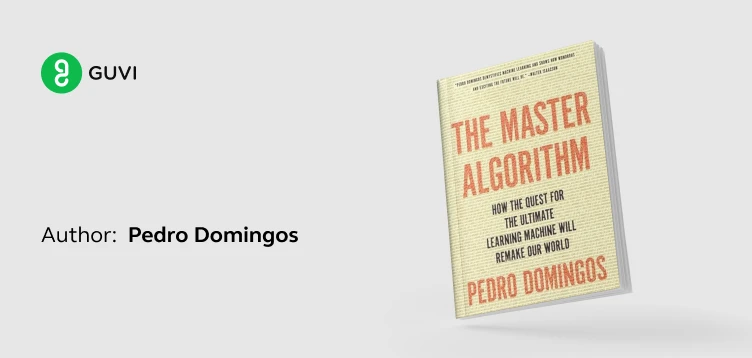
These additional resources cover a wide range of machine-learning topics and provide different perspectives on the field. Whether you’re looking for an introductory guide, a deep dive into specific concepts, or a glimpse into the future of machine learning, these books offer valuable insights and knowledge.
Kickstart your Machine Learning journey by enrolling in GUVI’s Machine Learning Career Program where you will master technologies like matplotlib, pandas, SQL, NLP, and deep learning, and build interesting real-life machine learning projects.
Alternatively, if you want to explore Artificial Intelligence and Machine Learning through a Self-paced course, try GUVI’s Artificial Intelligence Course Bundle, a Self-Paced course.
Conclusion
If you’ve been thinking about diving into machine learning, there’s no better time to start now. Whether you’re into technology, math, or just curious, this field has a place for you. So, grab one of those recommended books, start reading, and explore the world of machine learning. You can learn the basics, try your hand at practical projects, or even dive deep into specific areas like making computers understand human language.
Remember, books are just one part of your learning journey. Combine what you learn from books with online courses and hands-on projects. That way, you’ll not only understand machine learning, but you’ll be able to use it to solve real-world problems and make cool stuff.
Machine learning isn’t just a skill; it’s a superpower that can help you change the world and do some amazing things. So, get ready to learn, explore, and discover the endless possibilities of machine learning. Your adventure starts with the turn of a page!
FAQs
What is the best book for a complete beginner in machine learning?
The best book for a complete beginner is “Introduction to Machine Learning with Python” by Andreas C. Müller and Sarah Guido. This book provides a gentle introduction to machine learning concepts and practical examples using Python, making it accessible to those with no prior experience.
I’m interested in deep learning. Which book is the most comprehensive for this field?
If you’re keen on deep learning, “Deep Learning” by Ian Goodfellow, Yoshua Bengio, and Aaron Courville is the most comprehensive resource. This book covers the theoretical foundations and practical applications of deep learning and is often referred to as the “deep learning bible.”
Are there any books that focus on the mathematics behind machine learning?
Yes, “Mathematics for Machine Learning” by Marc Peter Deisenroth, A Aldo Faisal, and Cheng Soon Ong is a valuable resource for those interested in the mathematical aspects of machine learning. This online book explores the math behind machine learning in a clear and engaging way.























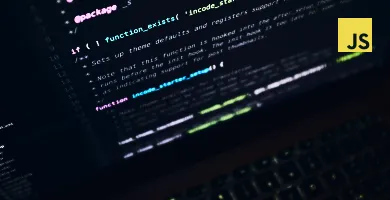




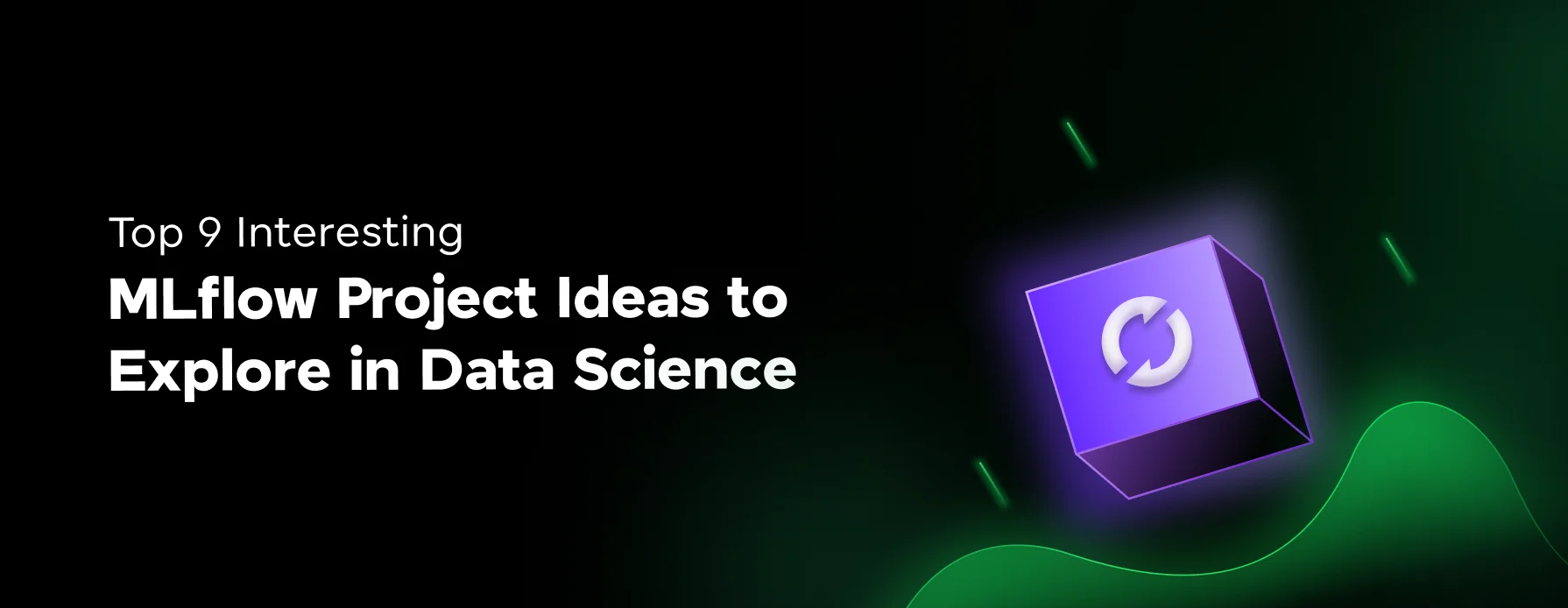
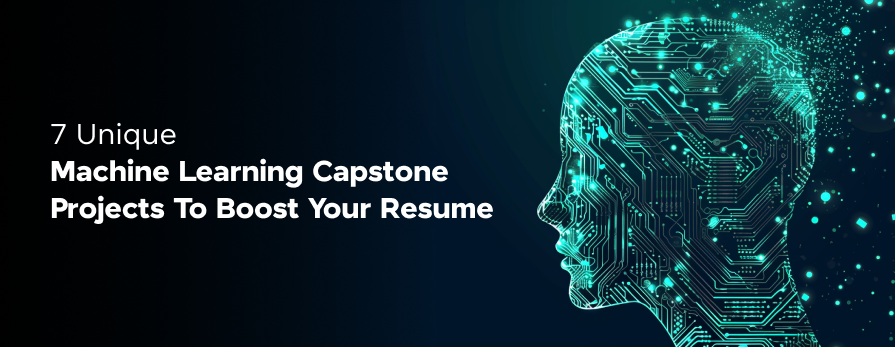
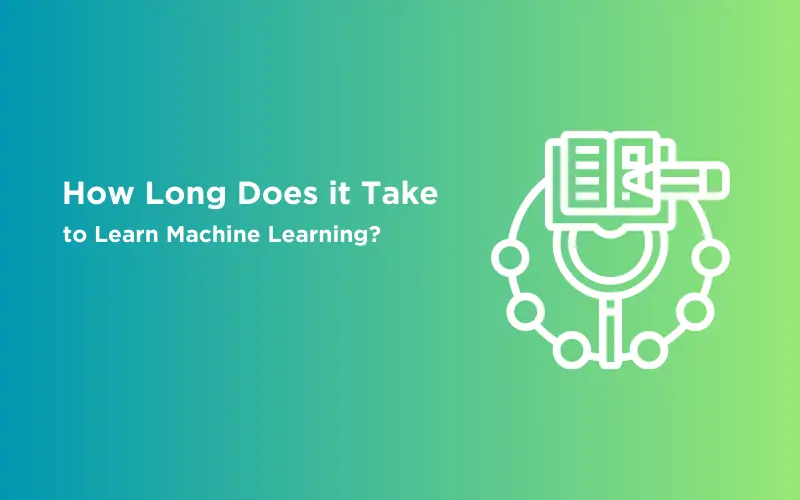

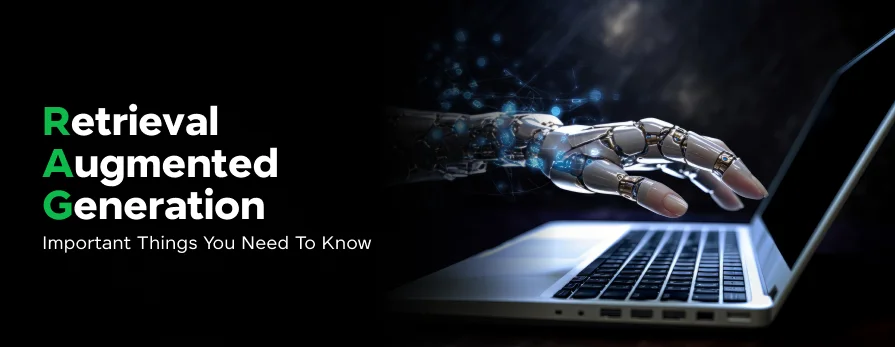
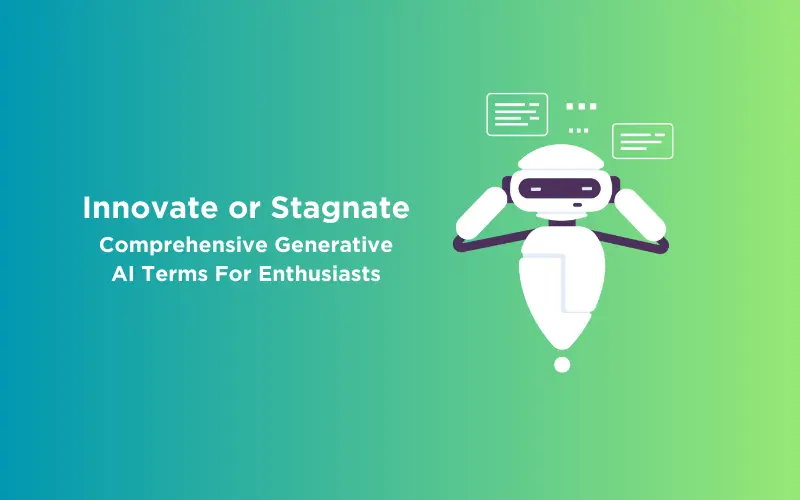
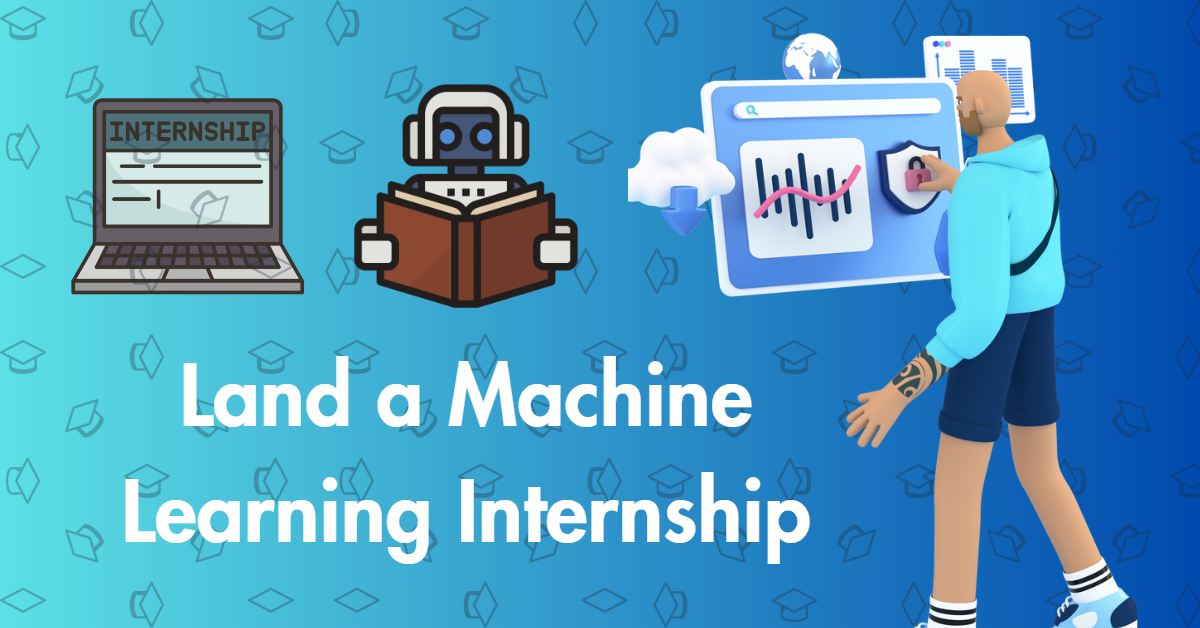


Did you enjoy this article?